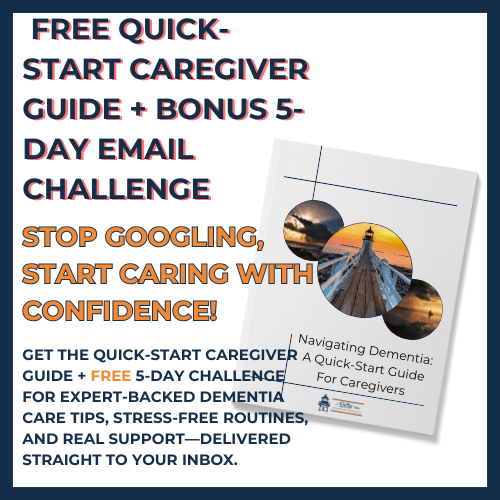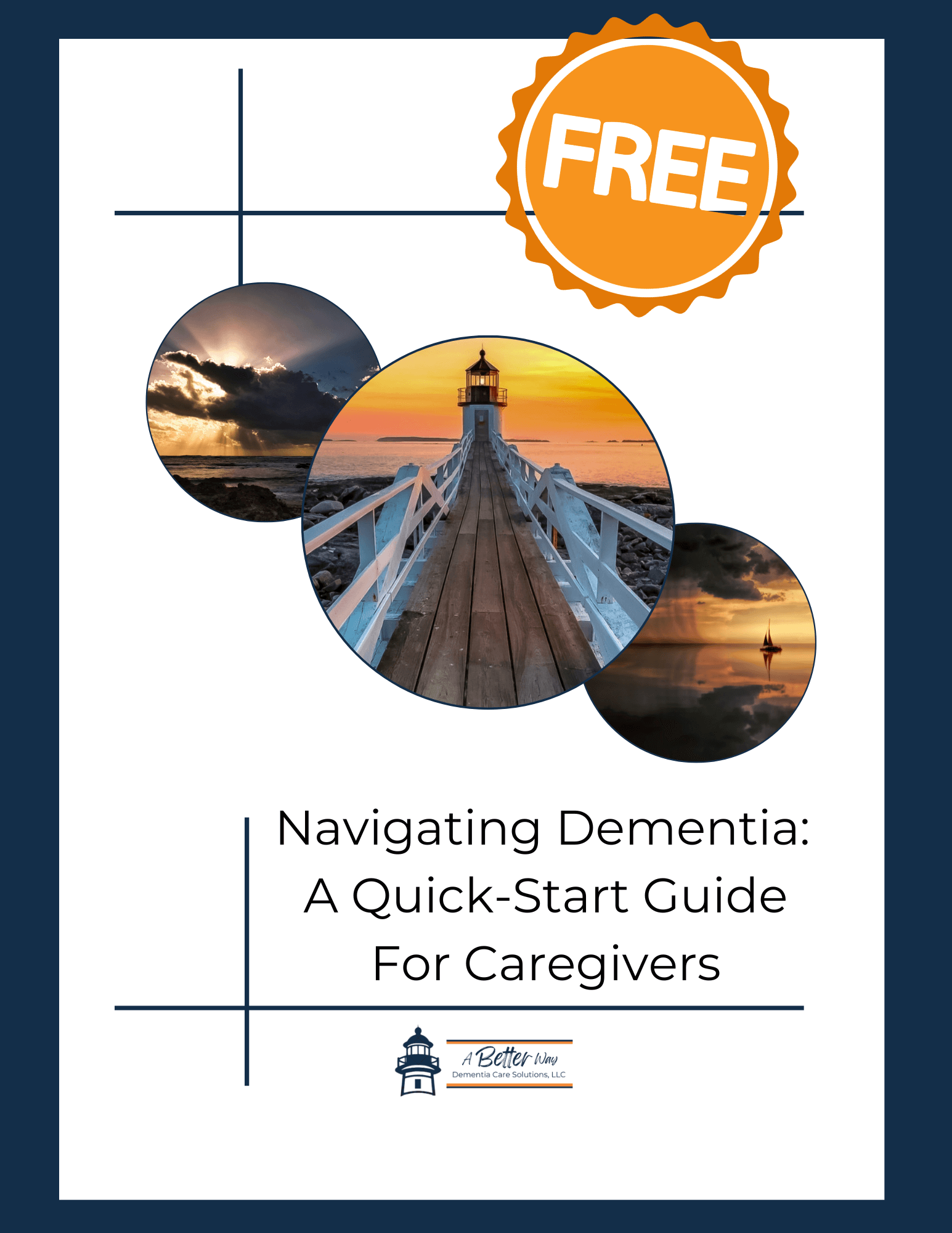
Many people use the terms “dementia” and “Alzheimer’s” interchangeably, and honestly, it's easy to see why. The symptoms can look very similar at first, and both impact memory and thinking. But here’s the truth: they’re not the same thing. And understanding that difference is more than just semantics—it can help you make more informed decisions, feel more confident as a caregiver, and better prepare for what lies ahead.
Let’s break it down together.
Dementia: A General Term for Cognitive Changes
Dementia is a broad, umbrella term used to describe a set of symptoms that interfere with a person’s daily life—things like memory loss, confusion, difficulty with language, and changes in behavior. It isn’t one specific disease. Instead, it’s a collection of symptoms caused by damage to brain cells from various conditions or diseases.
Think of it like this: If dementia is a fruit bowl, Alzheimer’s is the apple. It’s the most common fruit in the bowl, but there are others, too.
Some types of dementia are progressive and get worse over time, while others might be reversible, especially if they’re caused by something like a medication side effect or a vitamin deficiency. That’s why getting a thorough medical evaluation is so important.
Common Types of Dementia
Understanding the different types of dementia can help you better recognize what might be happening and how to approach care. Here are some of the most common types:
- Alzheimer’s disease – This is the most common type, accounting for 60–80% of dementia cases. It’s progressive and irreversible.
- Vascular dementia – This type is often caused by reduced blood flow to the brain, typically after a stroke or series of small strokes. Symptoms can appear suddenly and vary depending on the area of the brain affected.
- Lewy body dementia – This form involves abnormal protein deposits in the brain and can cause sleep disturbances, hallucinations, and Parkinson’s-like movement issues.
- Frontotemporal dementia – This type tends to affect younger individuals (often in their 50s or 60s) and involves changes in behavior, personality, and language rather than memory in the early stages.
Each type of dementia has its own set of challenges, and no two people experience it exactly the same way. That’s part of what makes caregiving so complex—and so personal.
Alzheimer’s Disease: A Specific Form of Dementia
Now let’s zoom in on Alzheimer’s.
Alzheimer’s disease is a specific and progressive brain disorder. It starts slowly—maybe some forgetfulness or misplacing items—but gradually, it causes more serious memory problems and impairs thinking, behavior, and the ability to perform basic tasks.
Alzheimer’s is caused by abnormal buildups of proteins in the brain, specifically plaques (beta-amyloid) and tangles (tau proteins), which disrupt the normal functioning of brain cells and eventually cause them to die.
Key Symptoms of Alzheimer’s:
- Difficulty learning or retaining new information
- Repeating questions or conversations
- Misplacing things and being unable to retrace steps
- Confusion with time or place
- Trouble recognizing familiar faces or navigating familiar environments
- Challenges with planning, reasoning, or solving problems
In the early stages, a person with Alzheimer’s might still be able to function independently, but over time, they will need more help with daily activities, communication, and safety.
Key Differences Between Dementia and Alzheimer’s
Here’s a quick comparison to help make things clearer:
| Feature | Dementia | Alzheimer’s Disease |
|---|---|---|
| Definition | A general term for memory and cognitive decline | A specific disease that causes dementia |
| Causes | Multiple conditions, including Alzheimer’s, strokes, infections, etc. | Abnormal protein buildup in the brain |
| Progression | Varies depending on the cause; some types may be reversible | Slow, steady, and irreversible decline |
| Symptoms | Broad set of cognitive and behavioral symptoms | Memory loss, confusion, and behavior changes—progressively worsening |
| Treatment Options | Vary by type; some may respond to medications or lifestyle changes | No cure, but treatments can manage symptoms and improve quality of life |
Why Understanding the Difference Matters
When you’re caring for someone who has memory loss or confusion, it might feel like splitting hairs to distinguish between dementia and Alzheimer’s. But knowing the underlying cause is key to getting the right care and support.
Here’s why it’s important:
- Treatment plans vary. Some types of dementia respond better to certain medications or therapies.
- Care strategies need to be individualized. A person with frontotemporal dementia might respond differently to situations than someone with Alzheimer’s.
- You can plan ahead. Knowing what type of dementia you’re dealing with can help you anticipate changes and plan for future needs—legal, financial, and emotional.
- You can seek the right support. Whether it’s joining a support group or finding resources specific to Alzheimer’s or Lewy body dementia, targeted support can make a huge difference.
If you’re unsure what type of dementia the person you care for has—or if you feel like something just doesn’t quite fit with the diagnosis—it’s okay to ask questions. Advocate for more testing or a referral to a neurologist or memory care specialist. Your gut feeling is valid.
Final Thoughts: You’re Not Alone
Navigating dementia is hard. Whether it’s Alzheimer’s, vascular dementia, or another form, it brings uncertainty and heartache—and sometimes even moments of unexpected joy and connection.
By understanding the difference between dementia and Alzheimer’s, you’re taking one more step toward being a confident, prepared, and compassionate caregiver. You’re showing up with love, and that matters more than anything.
If no one’s told you today: You’re doing a great job. And you don’t have to do this alone.
Next Steps
If you need personalized guidance on creating a care plan, consider our 1:1 caregiver coaching services. Let’s navigate this journey together. Schedule a consultation today!
Join Our Private Caregiver Community
If you're looking for a safe space to share your caregiving experiences, ask questions, or simply connect with others who understand the challenges you face, join our private Facebook support group for caregivers. It's a supportive, empathetic community where you can find encouragement and answers when you need them most. Click here to join.
Subscribe to Our Newsletter & Download Your Free E-Book
For more valuable tips, resources, and updates on dementia care, click here to subscribe to our newsletter today!
Download Our FREE E-Book. CLICK HERE

Notes
- Alzheimer's Association. (2023). What is dementia? Retrieved from https://www.alz.org/alzheimers-dementia/what-is-dementia
- Alzheimer’s Association. (2023). Alzheimer’s disease facts and figures. Retrieved from https://www.alz.org/alzheimers-dementia/facts-figures
- Mayo Clinic. (2023). Dementia. Retrieved from https://www.mayoclinic.org/diseases-conditions/dementia
- National Institute on Aging. (2023). What Is Alzheimer’s Disease? Retrieved from https://www.nia.nih.gov/health/alzheimers
- Harvard Health Publishing. (2023). Understanding different types of dementia. Retrieved from https://www.health.harvard.edu/a_to_z/dementia-a-to-z
Disclaimer
The information contained in this blog post is for general educational and informational purposes only and should not be construed as legal advice, financial advice, health advice, or medical advice. The information provided is not a substitute for advice from a qualified professional who is aware of the facts and circumstances of your individual situation. We expressly recommend that you seek advice from a professional familiar with your specific situation.
Want to keep figuring this out together?
Subscribe to Finding Our Way in Dementia Care and get honest stories, helpful tips, and gentle support delivered to your inbox every week. Just real talk, grounded care, and space to breathe.
Subscribe to Finding Our Way in Dementia Care and get honest stories, helpful tips, and gentle support delivered to your inbox every week. Just real talk, grounded care, and space to breathe.
Kind truth. Clear steps. Warm guide.
















0 Comments